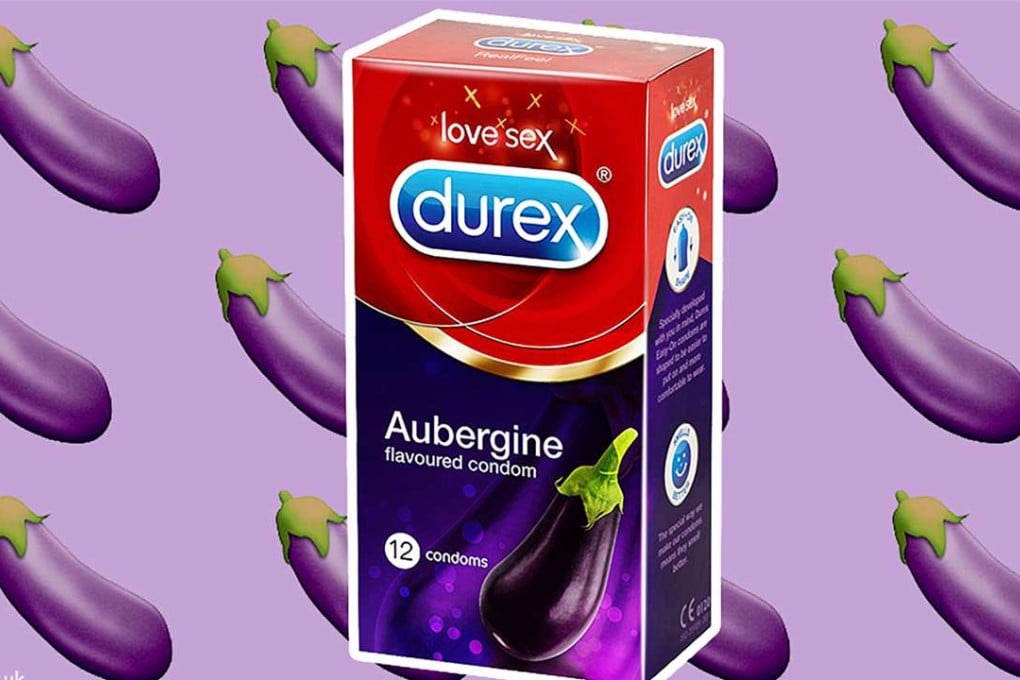
It’s best not to fake it too often. Global condom maker Durex’s hoax tweet this week that it was launching an “aubergine-flavoured” line of rubbers may have got it plenty of eyeballs online and shrieks of disbelief in India, but frequent spoofs like that may erode consumer trust, say marketing experts in Asia.
Catherine Chai, a Singapore-based brand advisor with Broc Consulting, said publicity stunts that involve online hoaxes must ensure that “the consequences of finding out the ‘truth’ does not make the consumers ‘look stupid’”.
“It should be about changing attitudes and mindsets you wish to influence, not cheap talk,” she said.
The announcement on Twitter late Monday – complete with the “#breakingnews” hashtag and the widely used purple aubergine emoji – immediately drew widespread consternation from Twitter users baffled by the announcement.
It especially drew mock horror in India, where aubergine – or eggplant – is a key ingredient in popular dishes like bhaingan ka bharta,a kind of eggplant curry.
“I’ll never see bhaingan ka bharta in the same way ever again,” wrote Twitter user Aashish Mehrotra.